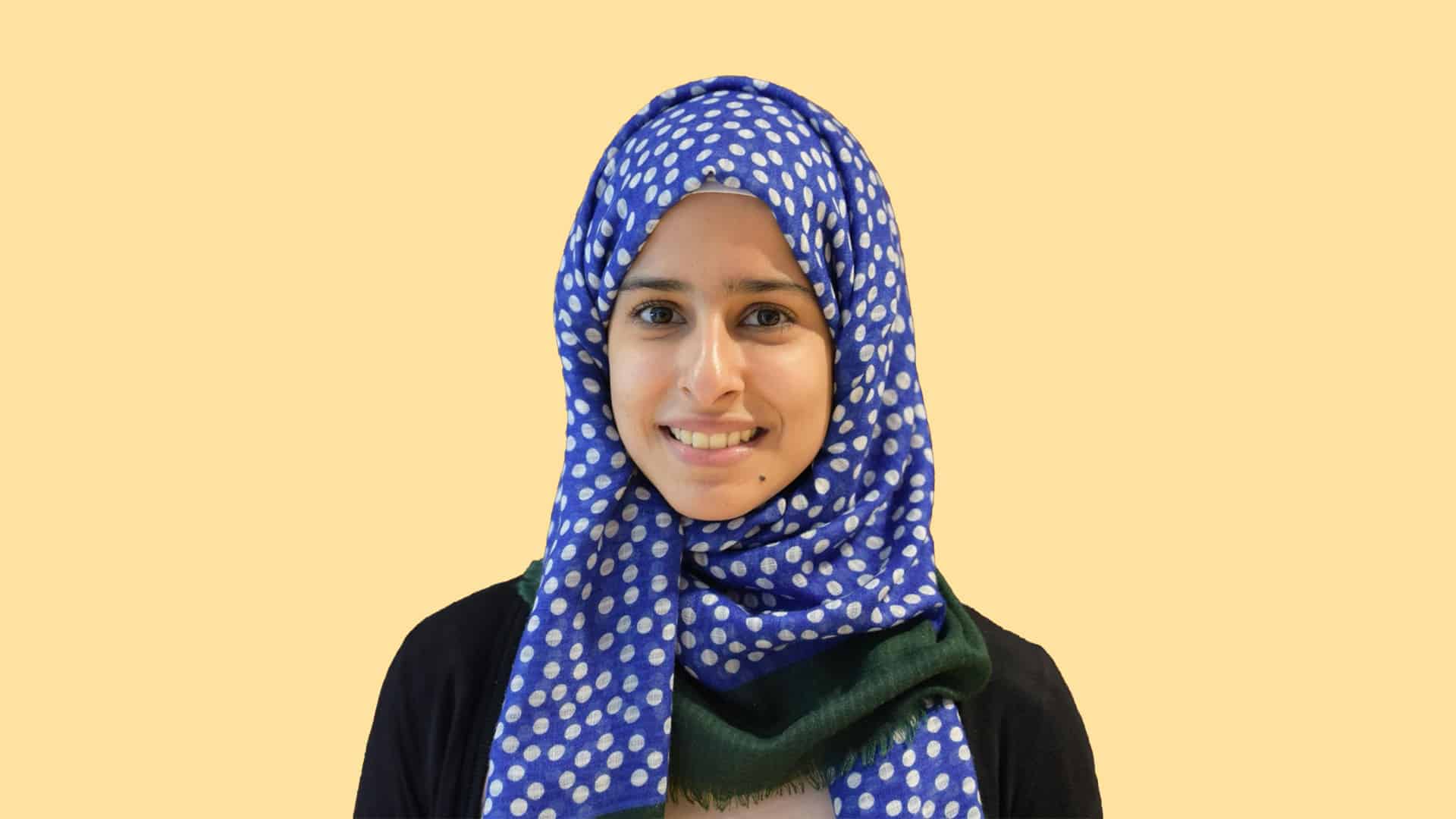Shahad received her Ph.D. in Bioscience from King Abdullah University of Science and Technology (KAUST) and her postdoctoral training at the Langer Lab, at the Koch Institute for Integrative Cancer Research at Massachusetts Institute of Technology (MIT). Her research at KAUST focused on developing on-demand drug delivery systems using stimuli-responsive nanocarriers with diverse sizes, architectures and surface properties to deliver drugs in spatial, temporal, and dosage-controlled fashions. Of particular interest was genetically engineering proteins: DNA and CRISPR-Cas9. She developed a smart dual functional membrane with sensing and antibacterial properties. These properties are garnered into the polymer coating material via the incorporation of drug-loaded mesoporous silica nanoparticles capped with gold nanoculsters lysozyme colloids which have an intense red fluorescence in the absence of bacteria. In the presence of E. coli (model microbe) bacteria, however, the red fluorescence is quenched as the clusters are detached from the silica particles while releasing the antimicrobial drugs. The absence of fluorescence on the surface of the plate leads to a blue color under UV light and indicated the bacterial contamination; conversely, a red fluorescent surface signaled a bacteria-free environment.

